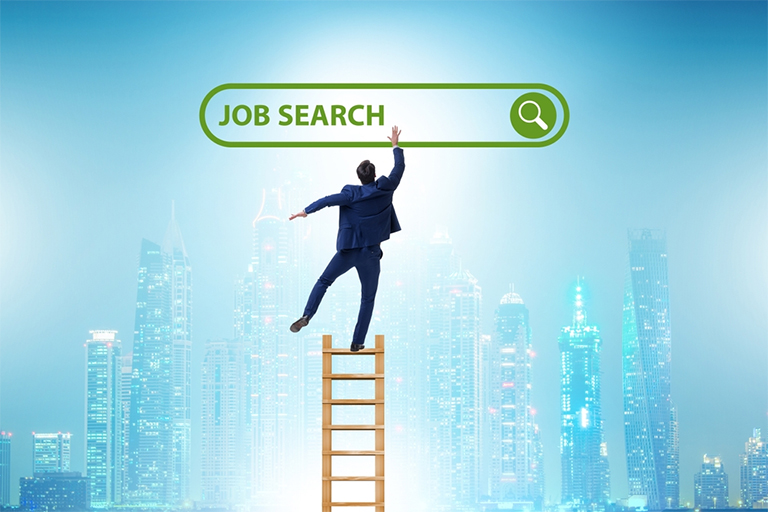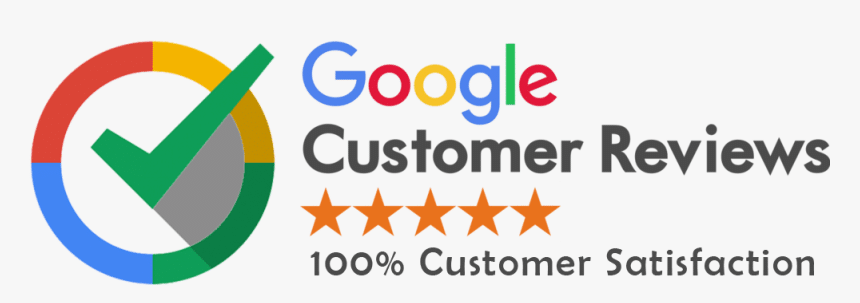Web portals have changed how people access information, services, and digital tools from different sources in one place. Whether someone is checking the latest news, applying for a government service, or managing stock investments, web portals make all of it easier by providing a single, organized platform.
Unlike regular websites, a web portal is more structured. It brings together data from various sources and displays it in one dashboard. Each section is dedicated to specific functions or services. This helps users save time and effort by avoiding scattered navigation. Below, we explore the main types of web portals, their features, use cases, and why they matter in current business and digital environments.

What is Web Portal Development?
Web portal development is the process of building an online platform that collects, manages, and presents information, tools, and services from different sources in one location. These portals allow users to log in, interact with personalized content, access different services, and perform tasks — all in one place. They are used across industries like healthcare, education, media, business, government, and more.
Key Features:
- Centralized content management
- Secure user login and access levels
- Custom dashboards and modules
- Role-based features
- Interactive tools (search, filters, calculators, etc.)
Personal Portals
Personal portals are made for individuals who want a customized online experience. Users can select and manage content based on their interests, such as emails, news feeds, weather updates, and task lists.
Common Features:
- Personal dashboards
- News widgets and calendar reminders
- Email and messaging integration
Use Case: Google homepage (when logged in) allows users to manage emails, documents, calendars, and news in one place.
News Portals
News portals collect and present the latest news articles, videos, and updates. They are often run by media organizations or independent content networks.
Features:
- Real-time content updates
- Category-based navigation (politics, entertainment, sports)
- Multimedia support (videos, live feeds, podcasts)
Example: CNN.com, Al Jazeera, or Khaleej Times – offering global and local news.
Why It’s Useful: These portals help users stay informed quickly with all content organized in sections.
Government Portals
Government portals connect citizens with public services and information. These can include tax filing, passport applications, voting details, or local municipal services.
Key Features:
- User account login with identity verification
- Access to public records
- Online payment options for services
Use Case: UAE’s “Smart Dubai” portal offers public transport, visa updates, and health records.
User Benefit: Citizens can complete legal and civic tasks without visiting offices physically.
Educational or Cultural Portals
These portals are used by schools, universities, libraries, museums, and archives. They help learners and researchers access structured educational content.
Features:
- Digital library
- Online courses or webinars
- Virtual museum tours and archival content
Use Case: Khan Academy, National Digital Library of India
Why It Matters: They support online learning, academic research, and cultural preservation.
Corporate Web Portals
Corporations use portals to manage internal communication, documents, and workflows among teams and departments.
Features:
- Intranet access for employees
- HR and payroll management
- Project collaboration tools
Example: Microsoft SharePoint used by many companies for internal communication.
Benefits for Business: Improves workflow, information sharing, and team productivity.
Stock Market Portals
These are financial portals that help users manage their investment portfolios, track stock prices, and get financial news.
Key Features:
- Real-time market data
- Personalized watchlists
- Trading dashboard access
Example: Yahoo Finance or TradingView
Why It’s Needed: Investors and traders use them for real-time analysis and decision-making.
Search Portals
Search portals bring together results from multiple search engines and present them in one place.
Features:
- Aggregated search results
- Filters by content type (images, news, videos)
- Safe browsing options
Use Case: Dogpile.com aggregates from Google, Bing, and Yahoo.
User Benefit: Saves time and gives broader search results from multiple sources.
Tender Portals
These portals are for companies or individuals looking for public or private project tenders. They allow users to submit bids and manage submissions.
Common Features:
- Tender listings with filters
- Submission management
- Document uploads
Example: Etimad in UAE or India’s eProcurement portal
Who Benefits: Contractors, vendors, and service providers who want access to projects and business deals.
Hosted Web Portals
Hosted portals are web platforms provided as a service (PaaS). Businesses use them without developing from scratch.
Features:
- Cloud hosting with minimal maintenance
- Subscription-based access
- White-label branding options
Example: Salesforce Community Cloud
Why Companies Prefer It: Reduces development costs and provides faster deployment.
Domain-Specific Portals
These portals target specific industries or communities like real estate, healthcare, travel, etc.
Features:
- Specialized listings or tools (e.g., property maps for real estate)
- Industry news and forums
- Booking or registration options
Examples:
- Property Finder (real estate)
- ZocDoc (healthcare)
Value to Users: Focused experience and tools tailored to the needs of a particular audience.
Important Aspects of Web Portal Development
User Experience and Interface
A portal’s success depends on how easy it is to use. Design should be simple, mobile-friendly, and fast-loading.
Security and Access Control
Important for portals handling personal or financial data. Developers must implement encryption, two-factor login, and access roles.
SEO and Performance Optimization
Portals need to load fast and be search engine friendly:
- Use clean URLs
- Optimize images and scripts
- Use schema markup
Analytics and Reporting
Good portals include tracking tools so admins can understand usage behavior and improve the platform.
Future Trends in Web Portal Development
- AI chatbots for instant support
- Voice-enabled navigation
- Personalized content using user data
- Progressive Web Apps (PWA) that work offline
These trends make portals smarter, faster, and more helpful.
Conclusion
Web portals are not just regular websites — they are digital gateways where users can do much more in one place. Whether it’s for education, business, governance, or personal use, each portal type offers unique features that meet the needs of different users. To build a successful web portal, one must focus on user experience, security, performance, and integration of the right tools. As technology evolves, portals will continue to offer smarter ways to access, manage, and interact with digital services and content.
If you’re planning to develop a portal for your business or industry, it’s important to choose the type that fits your audience’s needs and make it user-friendly, secure, and scalable.










